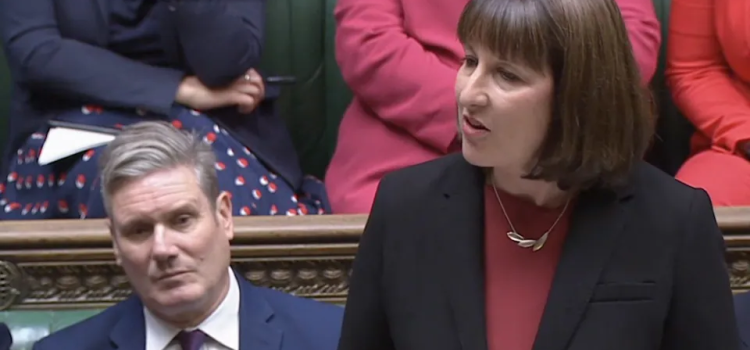In an article entitled, “Keir Starmer seeks to reassure business over Labour’s worker rights pledges”, the FT reports on the pressures being put on Keir Starmer to weaken Labour’s promises made in “A new deal for working people.”
It should be noted that this is what happened to the Blair opposition, which caved on Trade Union rights but held the line on the minimum wage. Sadly the value of the minimum wage became an internal political football within the Labour Party and at the moment the promise in “A new deal …” has been eroded to the point that it is less than the current law (for adults).
Labour summarises its plans as legislating for decent, safe, secure and fair work, critically, re- introducing day one rights for tribunal access, and the abolition of zero hour contracts and fire and rehire. They also plan to update trade union legislation so it’s fit for the modern economy, repealing some of the Tories petty and vicious legislation, strengthening Union’s rights of access to workplaces and workers, and establish a single enforcement body to enforce workers’ rights, which will include national minimum wage violations. Labour also plan to legislate for a structure of fair pay agreements negotiated with the Unions across industry.
What are employers afraid of?
In order for the economy to be internationally competitive, goods and services need to be better than or cheaper than the alternatives. It’s not possible to have a high wage economy while being cheaper than others, so let’s choose being better. In most companies and public sector organisations value is created by employees. Successful companies need to attract and retain talent. Staff are the collective memory of the organisation. I have met and worked for some shocking managements; day one rights of access to tribunals should be a right, everyone should have access to the law, only bullies need fear this and for equality cases, day one access exists today. The only organisations that would fear this all those who as a matter of policy abuse their staff.
This is only one prerequisite for international competitiveness, the UK needs an immigration policy nice and compassion decency indignity and one that recognises the great talent may be born elsewhere. Another requirement is to minimise barriers to trade; the simplest way of doing that is to rejoin the EU’s single market.
My experience is primarily in what are considered to be high knowledge industries i.e. Information technology and banking, but it is clear to me, that all organisations require commitment and talent. All organisations should welcome a legislative backing for a floor on decency. Those that want to behave well, if only to attract and retain workers will no longer need to fear being undercut by those that don’t.
The business lobbyists should lay off and welcome “A new deal …” …




